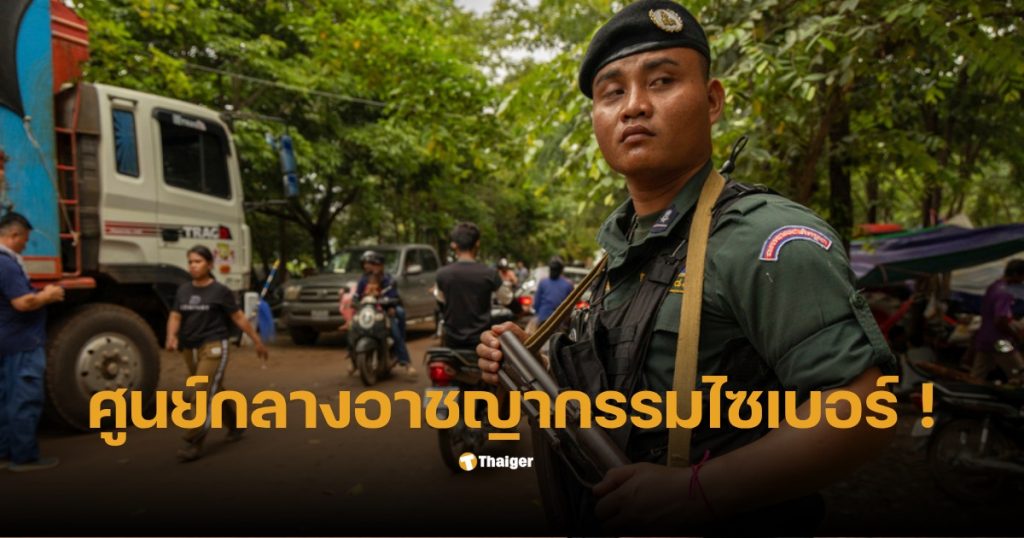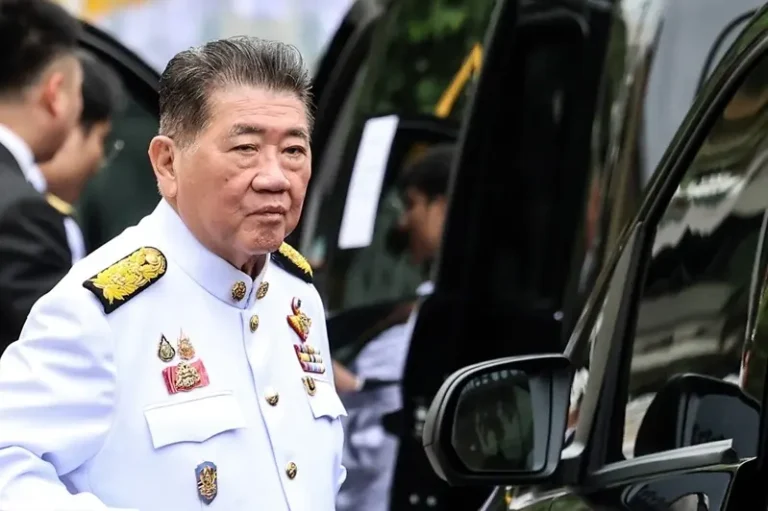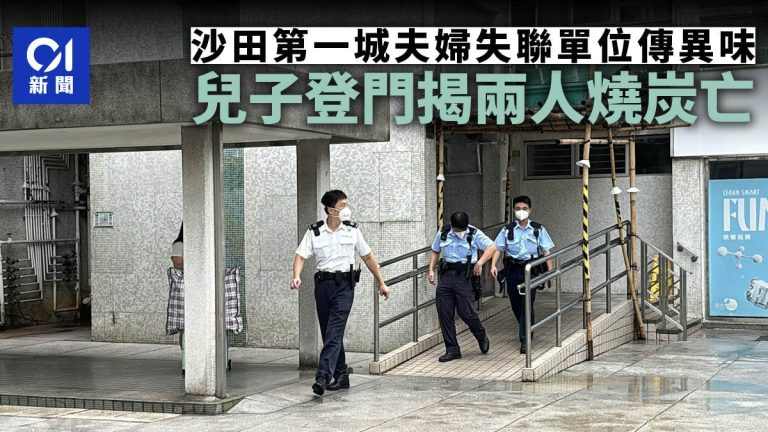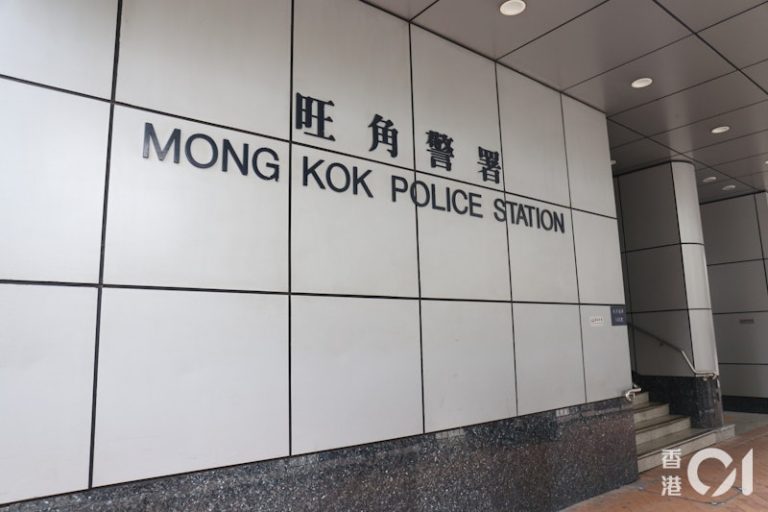
Amazon for Criminals: Cambodian Money Laundering Network Revealed as World’s Largest Black Market
New ads are pouring in. Want counterfeit money? Money laundering services? Hacking skills? As long as you can read Chinese and understand the underworld jargon, you’re in luck. “Material masters” are people who hold stolen money or bank information, while “dog walkers” are employees of call center rings.
All of this and more is for sale in one corner of the world’s largest illegal market.
The postings aren’t hard to find, though. Most originate from public chat rooms operated by the Huione Group, a Cambodian conglomerate renowned within the country’s Chinese community for its financial, currency exchange, and insurance services. Its online banking arm, Huione Pay, once touted itself as “Cambodia’s Alipay.”
Huione’s bright red QR code stickers are ubiquitous in restaurants and shops, but the various services offered by Huione subsidiaries appear far darker than meets the eye. Although these subsidiaries have consistently denied involvement in any criminal activity, the US Treasury recently designated the network as a “key node” in the laundering and theft of at least $4 billion in cryptocurrency.
Note: The Bangkok Business Times previously described the Huione Group as a large Cambodian financial conglomerate with ties to the Hun family. One of Huione Group’s key executives is Hun Tu, a cousin of Cambodian Prime Minister Hun Manet and a nephew of former Cambodian Prime Minister and Senate President Hun Sen. Hun Tu serves on the board of Huione Group’s subsidiary, Huione Pay.
Cyberthreat investigator and former hacker Ngo Minh Hieu stated, “Huione is like Amazon for criminals. The way they organize their business and the types of products they sell are astounding.”
Operation Phantom
Huione has a murky history. The US Treasury Department has named three subsidiaries as playing a key role in helping criminal gangs move illicit funds: Huione Pay, Huione Crypto (a cryptocurrency exchange), and Haowang Guarantee (an online marketplace), stating that these companies all operate under the name of “the same company.” Their clients include transnational criminal organizations and the North Korean hacker group Lazarus Group.
The crackdown has begun! In June of this year, after Thailand announced an investigation into Huione, Telegram shut down hundreds of Huione chat groups, and Tether seized a cryptocurrency wallet linked to Haowang Guarantee containing nearly $30 million in USDT.
The National Bank of Cambodia revoked Huione Pay’s operating license in June for “serious violations of regulations,” but this appears to be a facade. Online activity suggests these companies are still operating, either under different names or redirecting customers to other businesses.
“Once a sophisticated financial crime network is well-established, publicly shutting it down is often just a scam. Their real infrastructure, their money laundering channels, continues to operate underground, uninterrupted.”
The Mysterious Heart of Huione International Payment
Two sources familiar with the matter revealed that the true heart of the operation lay in a covert unit called “Huione International Pay,” which provided day-to-day support to the call center ring. Its employees worked under pseudonyms, matched the scammers with “mule accounts,” and managed black market chat rooms.
Internal documents reviewed by Bloomberg reveal extensive accounting records for thousands of victims of the so-called “pig-killing” scam. The documents also reveal a “risk control manual” that explains how to manage risks “from minor to severe,” including examples of victims reporting cases to the police or having their “mule accounts” seized, accompanied by a skull and crossbones emoji.
Bloomberg matched the details of several individuals in the documents with investigations by the FBI and the Secret Service, including the case of Darren Lee, who pleaded guilty to laundering over $73 million in cryptocurrency scams.
High-Level Connections
Huione’s Cambodian operations are run by Chinese managers and local influential figures, a common pattern in Cambodia.
Hun To, once listed as a director of the now-defunct Huione Pay company, is the cousin of Cambodia’s current Prime Minister, Hun Manet. Several years ago, he was investigated by Australian authorities for drug smuggling but was ultimately not prosecuted.
Meanwhile, He Yanming, the owner of Poland’s Huione Crypto, is also a director of Panda Commercial Bank Plc, the country’s major financial institution. Hun To also previously served on the bank’s board.
The media outlet emphasized that these highly interconnected networks may be one of the reasons why the world’s largest criminal networks continue to thrive and evade crackdowns despite scrutiny from law enforcement agencies worldwide.







